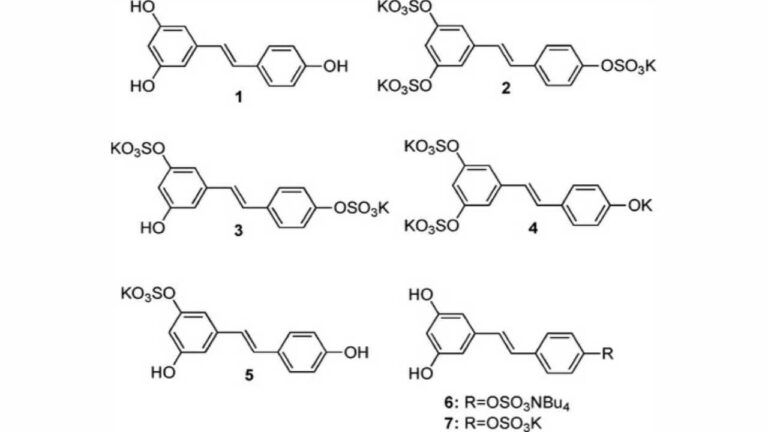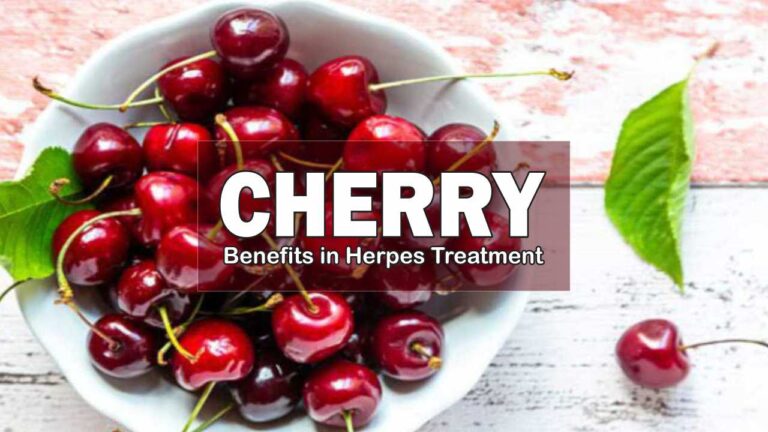The search for natural options in herpes treatment has been gaining more and more attention, and oregano is no exception. In this article, we will explore the potential of oregano in herpes treatment, highlighting recent research, benefits, key nutrients, and ways to incorporate it into the diet to help combat the herpes virus.
Benefits of Oregano in Herpes Treatment
The benefits of oregano in herpes treatment go beyond its antiviral properties. The plant also possesses anti-inflammatory and antioxidant properties, which can help alleviate the symptoms caused by herpes outbreaks.

Antiviral Properties
Oregano contains active compounds such as carvacrol and thymol, which have antiviral properties. Scientific studies have shown that these components have the ability to inhibit the replication of the herpes virus, reducing its activity and the frequency of outbreaks. The antiviral action of oregano becomes a valuable resource in controlling the infection.
Anti-Inflammatory Action
Herpes can cause inflammation and irritation in the affected skin. Oregano possesses anti-inflammatory properties that can help reduce redness, swelling, and discomfort associated with the infection. By decreasing the inflammatory response, oregano can alleviate herpes symptoms and promote faster skin recovery.
Immune System Strengthening
A healthy immune system is crucial in combating viral infections, including herpes. Oregano is rich in antioxidants such as vitamins A and C, which assist in strengthening the immune system. These vitamins help fight free radicals, reduce oxidative stress, and enhance the body’s immune response, contributing to better infection control.
Symptom Relief
Topical use of diluted oregano oil can provide relief from herpes symptoms such as itching, pain, and inflammation. The antiseptic and analgesic properties of oregano help soothe irritated skin, reduce discomfort, and promote symptom relief. Applying oregano oil directly to the lesions can help accelerate healing and reduce irritation.
Support for Skin Health
Herpes can cause skin lesions, and oregano contains essential nutrients that aid in skin health and regeneration. Vitamin E present in oregano is known for its antioxidant properties and ability to promote wound healing. Zinc, also found in oregano, plays an important role in skin health by aiding in the repair of tissues affected by herpes.
Key Nutrients in Oregano for Herpes Treatment
Here are some of the key nutrients found in oregano that play an important role in herpes treatment:
Antioxidants
Oregano is rich in antioxidants such as vitamins A and C. These antioxidants help fight free radicals, which are unstable molecules that can cause cellular damage. By reducing oxidative stress, oregano antioxidants aid in the protection and regeneration of herpes-affected skin cells.
B-Complex Vitamins
Oregano contains B-complex vitamins, including thiamine (B1), riboflavin (B2), niacin (B3), and folic acid (B9). These vitamins play an essential role in energy metabolism, neurological function, and immune system support. Having adequate levels of B-complex vitamins can help strengthen the body’s immune response against herpes virus infection.
Minerals
Oregano is also a source of important minerals such as calcium, magnesium, iron, zinc, and manganese. These minerals play crucial roles in various body functions, including bone health, energy production, immune function, and wound healing. Zinc, in particular, is known for its contribution to skin regeneration and healing of cold sore lesions caused by herpes.
Phenolic Acids
Phenolic acids are compounds found in oregano that possess important antioxidant and anti-inflammatory properties for herpes. These compounds, such as rosmarinic acid and caffeic acid, have demonstrated antiviral activity against the herpes virus. They help reduce inflammation, alleviate herpes symptoms, and inhibit viral replication.
How to Use Oregano in a Diet for Herpes Treatment
Here are some ways to incorporate oregano into a diet focused on herpes treatment:
Seasoning for foods
A simple way to add oregano to your diet is to use it as a seasoning in your meals. Dried oregano can be sprinkled on dishes such as salads, soups, sauces, roasted vegetables, and grilled meats. In addition to adding flavor, oregano will contribute its active compounds to the food, aiding in the fight against viral infection.
Oregano Tea
Oregano tea is another option for incorporating this herb into your diet. To prepare the tea, place 1 to 2 teaspoons of dried oregano in a cup of hot water. Let it steep for about 10 minutes and strain before drinking. Oregano tea can be consumed a few times a day and may help strengthen the immune system and alleviate herpes symptoms.
Oregano Oil
Oregano oil is known for its antiviral and anti-inflammatory properties. However, it is important to dilute oregano oil before using it, as it can be strong and irritate the skin or mucous membranes. You can add a few drops of diluted oregano oil to a carrier oil, such as olive oil, and apply it topically to herpes lesions. Always consult a healthcare professional before using oregano oil to ensure proper use and correct dilution.
Oregano Supplements
There are oregano supplements available on the market, such as oregano oil capsules or oregano extracts. There are also natural supplements that contain the same nutrients found in oregano. This is another convenient and quick way to obtain its nutrients and maintain a strong immune system, avoiding frequent outbreaks.
Best Natural Supplements to Herpes
Summary
It is important to remember that while oregano may be beneficial, it does not substitute conventional medical treatment. The use of oregano in the diet is a complementary approach and should be discussed with a healthcare professional to determine the best way to incorporate it into your herpes treatment plan.




